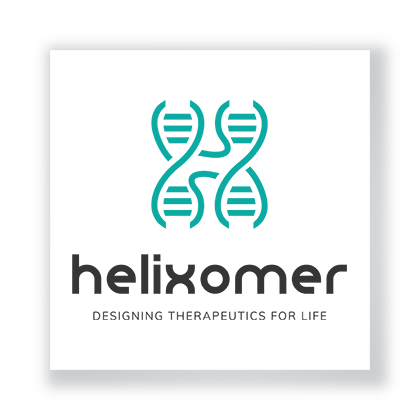
Helixomer awarded $2M NIH grant for anticoagulant development
Raleigh-based Helixomer, a pre-clinical, drug-development company created at North Carolina State University, has won a $2 million federal grant to advance a pair of novel drugs to regulate bleeding and clotting in patients.
The Direct-to-Phase-2 SBIR grant from the National Institutes of Health (NIH) will allow Helixomer to generate data demonstrating the efficacy and safety of an anticoagulant and a complementary reversal agent. The two intravenous products are intended to compete in the $10 billion global market for heparin, the leading anticoagulant.
“We are appreciative of and excited about this NIH award and ongoing support,” said Thom LaBean, Ph.D., co-founding chief executive officer of Helixomer. “This grant will enable us to advance further and de-risk our preclinical development program for this pair of drugs.”
The NIH funding follows substantial support from the North Carolina Biotechnology Center, which provided a Flash Grant and a Translational Research Grant totaling $132,949 and then two Small Business Research Loans totaling $350,000.
“We’re excited to see one of our grant awardees, Dr. Thom LaBean, advance this technology,” said Tracey du Laney, Ph.D., senior director of science and technology development at NCBiotech. The succession of NCBiotech grants and loans helped Helixomer meet milestones and benchmarks that led to the NIH grant, “presenting a pathway toward commercialization that the LaBean team has successfully navigated up to this point,” she added.
Helixomer has also received support from North Carolina State University’s Chancellor's Innovation Fund, which provides seed funding for university research projects that have commercial potential.
RNA-based nanostructures
Helixomer was established in 2020 by LaBean, a biochemistry professor, and postdoctoral researcher Abhichart Krissanaprasit, in NC State’s Department of Materials Science and Engineering. Both have extensive experience in biomolecular design and engineering.
Their lab created functional RNA (ribonucleic acid) “origami” nanostructures that act as effective anticoagulants, commonly known as blood thinners, along with an agent to reverse their effects.
Regulating blood coagulation is critically important during surgery, dialysis treatments, treatment of thrombotic diseases and other medical situations. Too much coagulation can cause blood clots, leading to stroke or death. Too little coagulation can cause excessive bleeding, leading to organ failure or death.
Conventional intravenous anticoagulant drugs such as heparin are difficult to dose correctly because individual patients can respond differently. The drugs’ action is also hard to reverse.
Potential benefits
Helixomer’s RNA-based anticoagulants are intended to be more predictable and easier to reverse with specific antidotes. The products have the potential to reduce the risk of complications from medical procedures and shorten patients’ recovery time.
The company’s website cites five benefits of the RNA technology:
- Specificity. Molecules specifically bind to a targeted protein, offering precise control of action and reduction of complications.
- Fast on-off action. With a fast, safe and specific antidote, the on-off action of the drug can be controlled as needed.
- Long circulation. Therapeutic agents with optimal size provide long-circulation times in the body, offering benefits in long, complicated surgical procedures.
- Help for heparin sensitivity. The RNA-based drugs would help heparin-resistant and heparin-sensitive patients by eliminating their risk of heparin-induced thrombocytopenia, or low blood platelets.
- Favorable for kidney failure patients. The size of the RNA-based drugs is rationally designed to avoid filtration by the kidneys.
